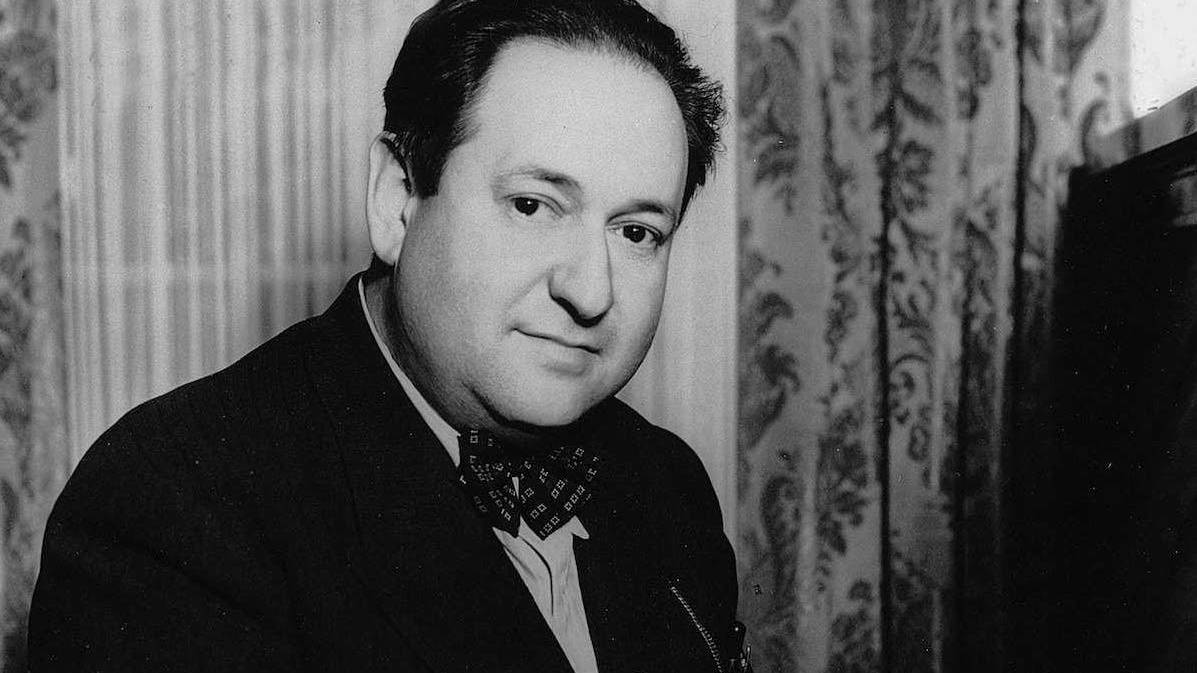Hanson’s “Romantic” Second Symphony: A Cinematic, Cyclic Journey
The American composer, Howard Hanson, was born in 1896 in the small Nebraska prairie town of Wahoo. Hanson served as the director of the Eastman School of Music for 40 years, beginning in 1924. In the middle of the twentieth century, his influence was so great that he was hailed as the “Dean of American Composers and spokesman for music in America.” At a time when formalism and atonality ruled, Hanson’s warmly melodic, Neo-romanticism …







